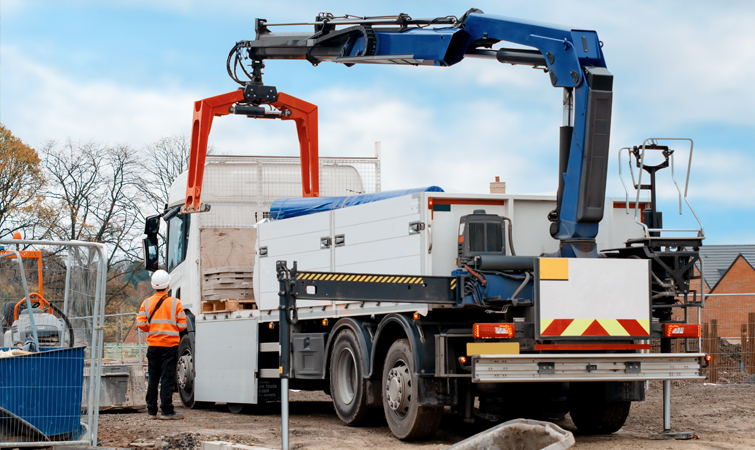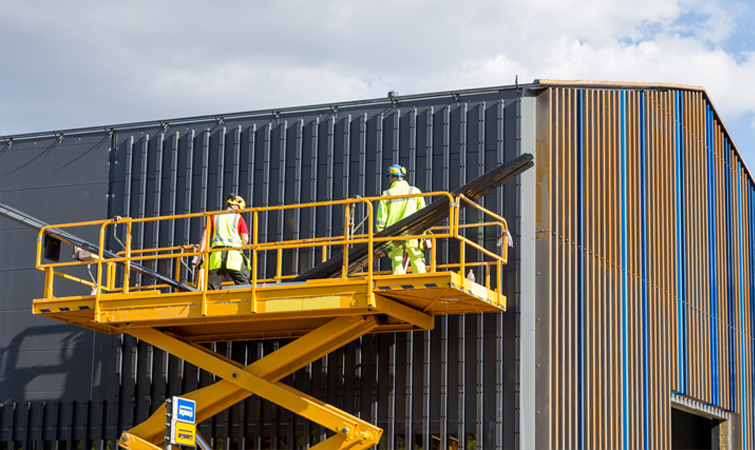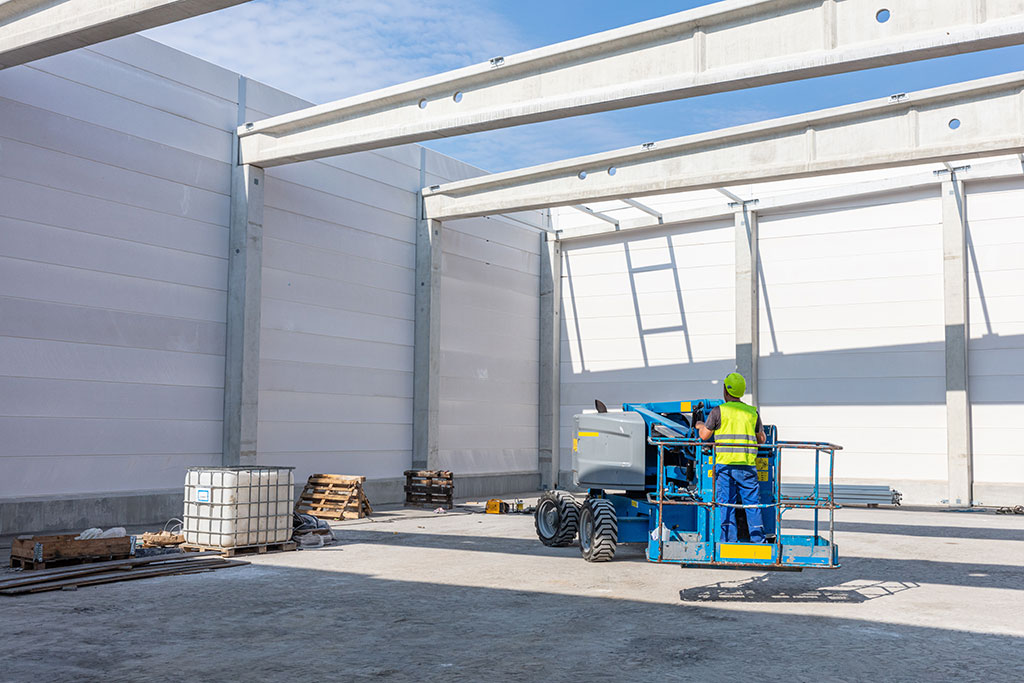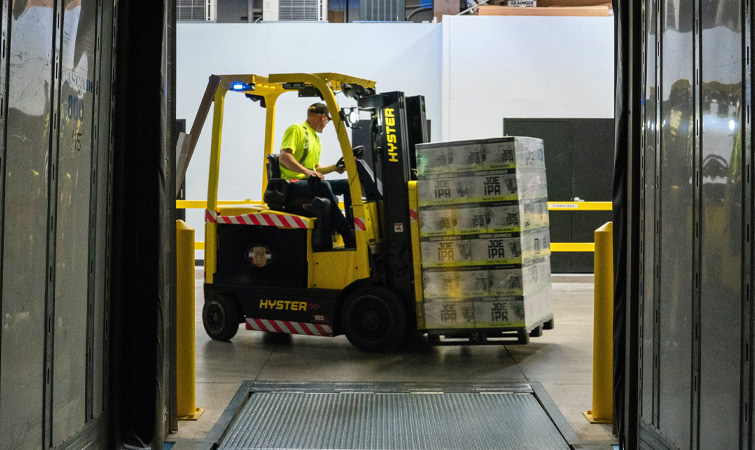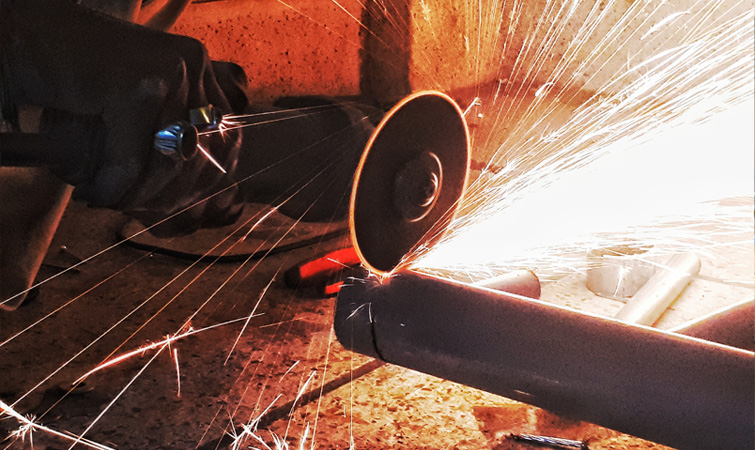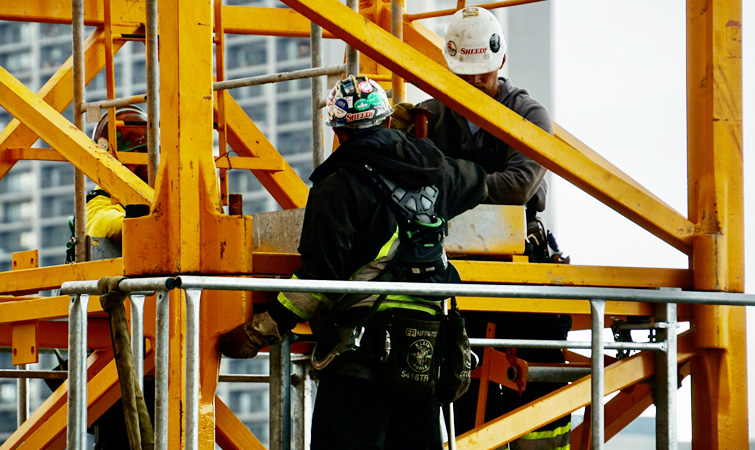About this training course
By their nature Truck or Lorry mounted loader cranes (HIAB) are a very useful and adaptable piece of equipment, allowing independent loading and unloading of trucks with great ease. However great care must be taken during all operations to the operator, pedestrians, co-workers and property. In this regard safety must be the primary consideration.
Unfortunately there are accidents and fatalities every year, due to improper use and accidents. It is therefore vital that all operators are appropriately and adequately trained for the job they are undertaking, and for the machine that they are operating.
There is a legal and moral obligation on both employer and employee to be properly trained.
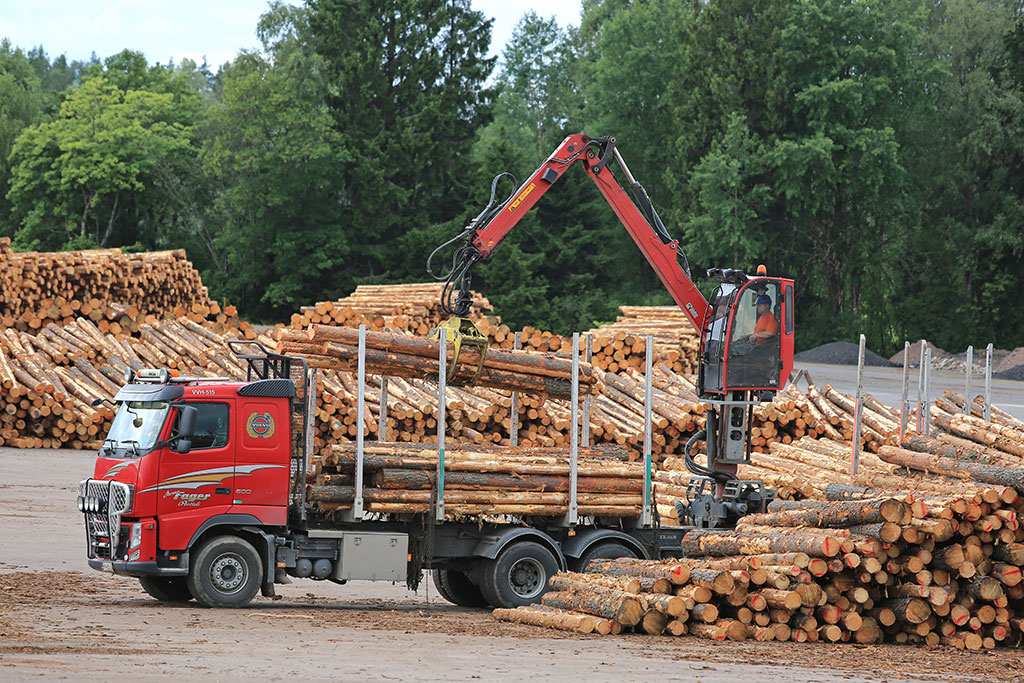
01. Aims
On completion of HIAB training, the operator should be able to safely and accurately operate the relevant machine through both theoretical and practical instruction.
02. Learning Outcomes
On completion the operator will be able to operate safely and accurately, understand best practice, and be able to explain the socio-economic consequences as a result of accidents, and will understand both the employer and employee responsibilities from a legal aspect.
03. Who Should Attend?
Any person operating a HIAB loader crane during the course of their employment, even for short periods!
Ideally refresher training and certification should be completed every three years.
Other important information
The length of the course depends on the experience of participants.
- Participants should be in good health and of age (the minimum age to operate a HIAB in Ireland is school leaver age – 16/17 years old).
- A good standard of both written and verbal English is required.
- Depending on course chosen some experience may be required.
On attendance and satisfactory completion each participant will receive a certificate of competence, and this should ideally be renewed every three years.
